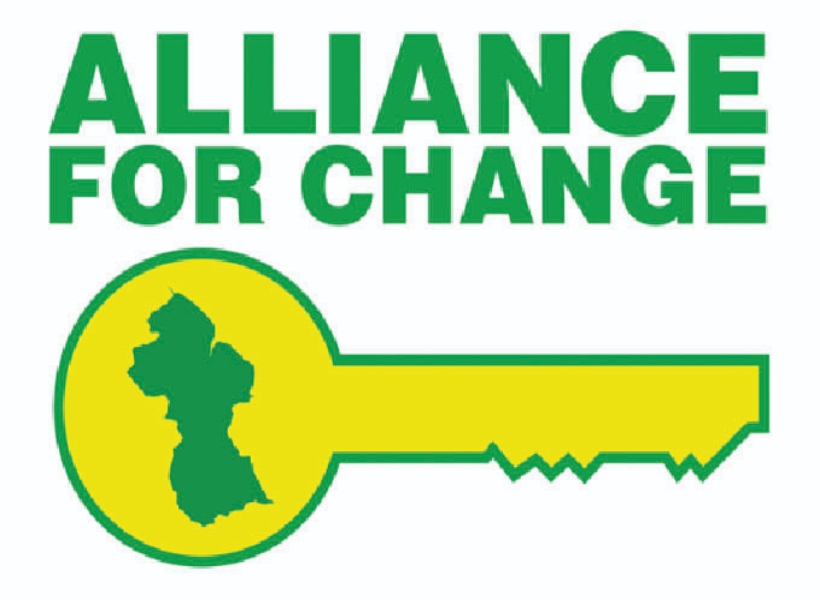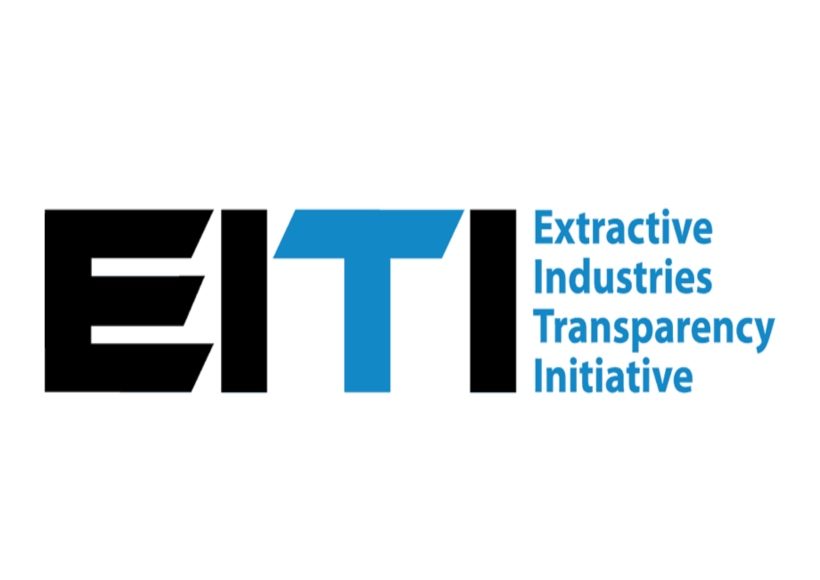The author of Guyana’s first report to the Extractive Industries Transparency Initiative (EITI) was unable to ensure its comprehensiveness for numerous reasons, one of which includes the resistance of government agencies and companies in the sector to provide information that was requested.
Independent Administrator, Rached Maalej, attached to UK accounting and business advisory firm, BDO LLP, said the reporting period for entities retained in the reconciliation scope started with a training workshop held on February 12, 2019 and the reconciliation phase ended on March 24, 2019. Maalej said that all information submitted within this reporting period was considered in the GY-EITI report. He noted, however, that not all government entities and companies provided information during that time. In fact, Maalej said that 17 extractive entities did not submit the information requested during the specified period.
Maalej said, “Given the lack of reporting templates from both government and extractive entities…, it was not possible to ensure the comprehensiveness of the revenues collected by GRA from the extractive entities retained in the reconciliation scope. As a result, it was not possible to ensure the comprehensiveness of the total revenues of the extractive sector.”
Going forward, Maalej called for the EITI Secretariat here to raise awareness about the importance of participation amongst reporting entities. In the long term, Maalej said that a review of the mining regulations should have included reporting obligations for extractive entities while specifying the level of disaggregation of the data to be submitted; and sanctions which could be imposed against extractive entities in the event of non-compliance or false declarations.
Until such time, he said that the authorities could ensure that application and renewal forms for mining licences and permits explicitly include a declaration of consent to the disclosure of information required for compliance.











